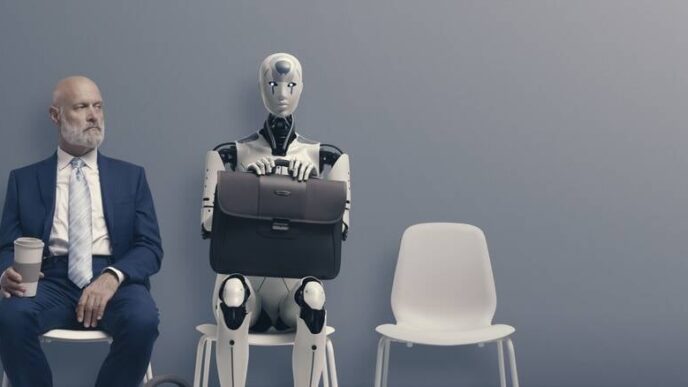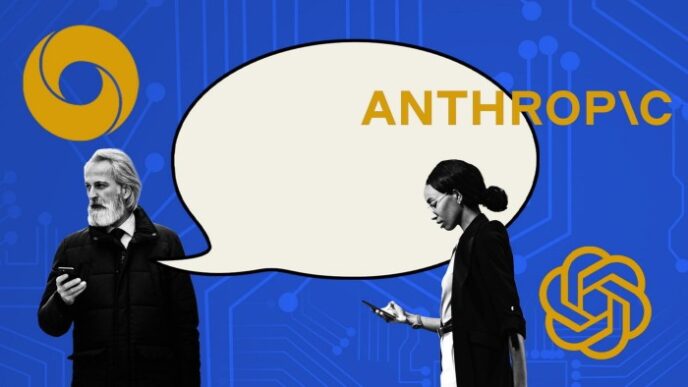The new House budget reconciliation bill is sparking backlash for ignoring the looming AI job crisis and locking in weak regulation.
The bill includes a controversial 10-year moratorium on most state-level AI regulations. States must avoid AI rules if they want federal broadband funding. Critics warn this lets the federal government block state AI protections without offering any federal rules in return.
Clean energy subsidies are slashed, too. Data centers powering AI need massive, reliable electricity — ideally from clean sources like nuclear, geothermal, or solar. The bill guts incentives for those power sources, risking dirtier energy use or outsourcing data centers overseas.
The worst? New, tougher work requirements attached to Medicaid and food stamps.
Industry experts and policy analysts say these work mandates make no sense in a world where AI and automation threaten millions of jobs. People displaced by AI won’t simply find new work right away, if ever. Cutting support leaves vulnerable workers stranded.
Venture capitalist David Sacks, close to Trump, acknowledges widespread AI-driven job loss would require major government action.
“If there is widespread job disruption, then obviously the government’s going to have to react and we’re going to be in a very different societal order.”
He also wrote on X:
“The future of AI has become a Rorschach test where everyone sees what they want.
The Left envisions a post-economic order in which people stop working and instead receive government benefits. In other words, everyone on welfare. This is their fantasy; it’s not going to happen.”
The bill’s new work requirements come at a dangerous time, according to critics.
“It’s an obsession with larding on more onerous, poorly administered, ineffective work requirements on programs like Medicaid and food stamps,” the analysis states.
“In a world where Uber and truck drivers are suddenly out of work due to no fault of their own, adding work requirements is cruel. It won’t cause them to find work, at least in the near term.”
Vice President JD Vance recently warned about the destruction caused when whole industries collapse.
“When [the steel plant] went from 10,000 jobs to 2,000 jobs, the American working people started to get destroyed in the process. We can’t keep doing that.”
Yet this budget bill cuts critical support for those at risk.
Experts say the package fails to take AI seriously or plan for its societal impacts — even as AI threatens to reshape the workforce within a decade.
The watchdogs warn this bill could make the AI future far worse, pushing up unemployment while refusing to adapt the social safety net.














